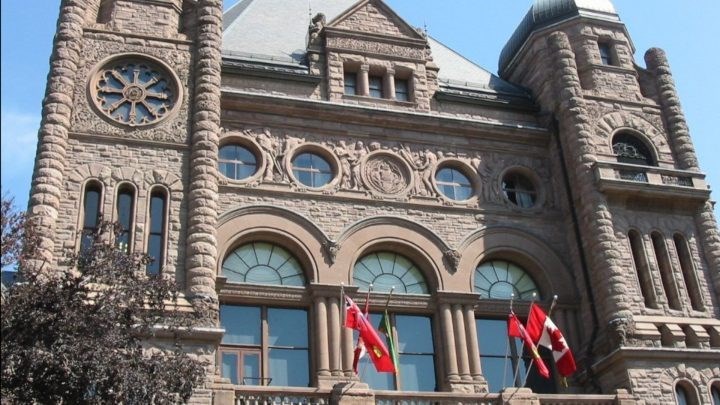QUEEN'S PARK — Although Indigenous children make up only four per cent of children under 15 in Ontario, they comprise about 30 per cent of children under 15 in foster care.
The provincial government on Wednesday announced legislative changes that it said will address the overrepresentation of Indigenous children and youth in the care of children's aid societies.
It said amendments to the Child, Youth and Family Services Act will enhance access to customary arrangements.
Customary care means the care and supervision of a First Nations, Inuk or Métis child by a person who is not the child's parent, according to the custom of the child's band or First Nations, Inuit or Métis community.
This allows children to remain connected to their culture and home community.
The government said Indigenous children's aid societies currently provide important culturally-appropriate services.
However, the role of the many community-based Indigenous service providers that are not children's aid societies but offer prevention and early intervention services is not currently recognized
Associate Minister of Children and Women's Issues Jane McKenna said the government worked with Indigenous partners on the legislative amendments.
The government stated that the proposed changes will improve outcomes for children as follows:
- enhance access to customary care and reduce the need to access residential placements farther from home
- improve access to culturally-appropriate prevention and intervention services that embody Indigenous traditions, in order to reduce the number of children who come into care
- implement Indigenous "circles of supportive persons" and other culturally-appropriate supports
- strengthen the role of prevention-focused Indigenous service providers to increase access to culturally-appropriate supports, including parenting programs, mental health services, alternative schooling, and jobs and skills training
Jennifer Dockstater, president of the Ontario Federation of Indigenous Friendship Centres, said the amendments have been years in the making and represent a significant step forward in the landscape of culture-based supports.
She said the changes "will help us and our partners do this critical work more effectively."
Jeffrey Schiffer, executive director of Native Child and Family Services of Toronto, said the work ahead will require the development of regulations that foster collaboration between Indigenous child and family well-being agencies and Indigenous prevention-focused service providers.
Schiffer said this will ensure "a robust and integrated service network to support healing, wellness and prosperity for Indigenous children, families, communities, and nations."
